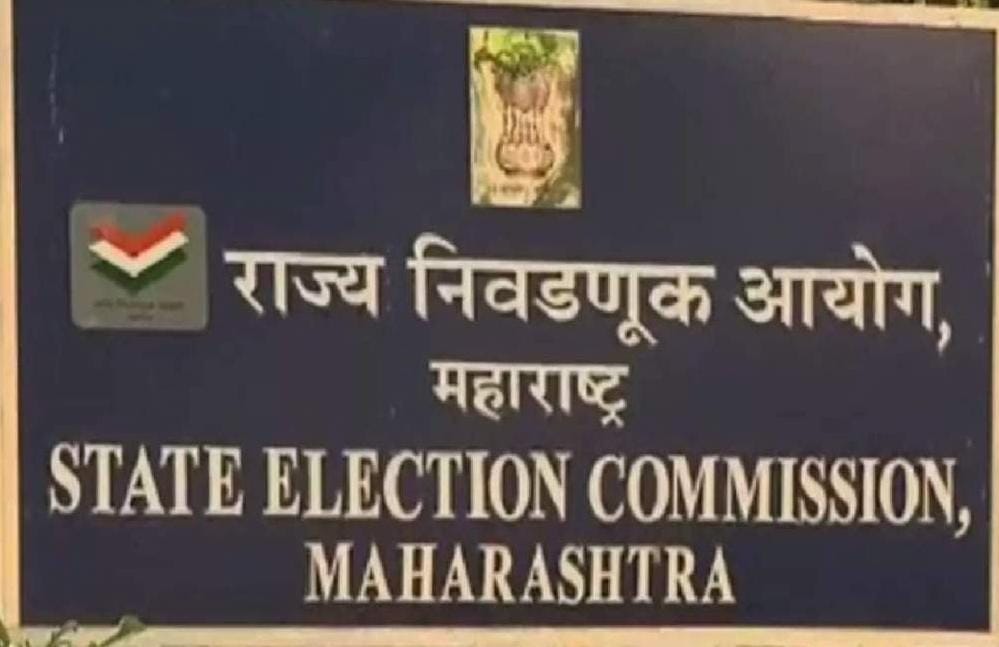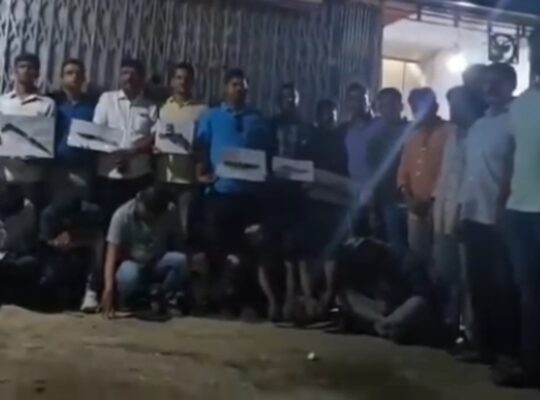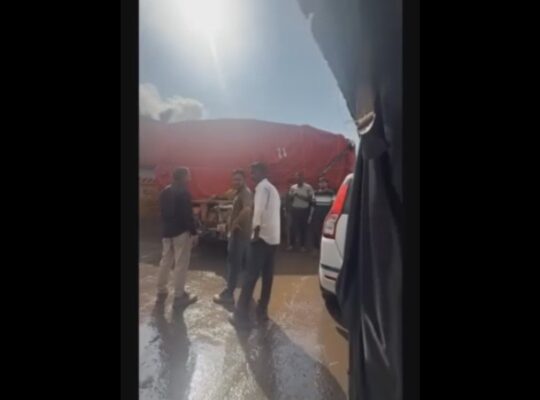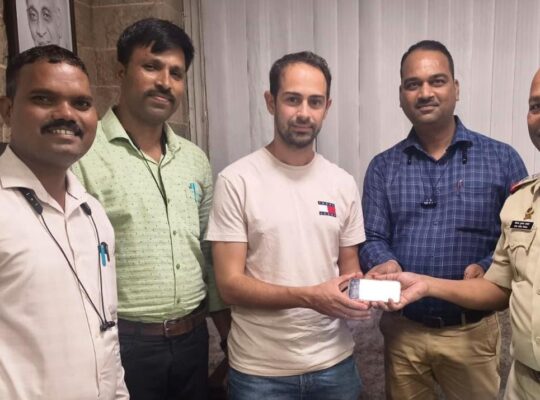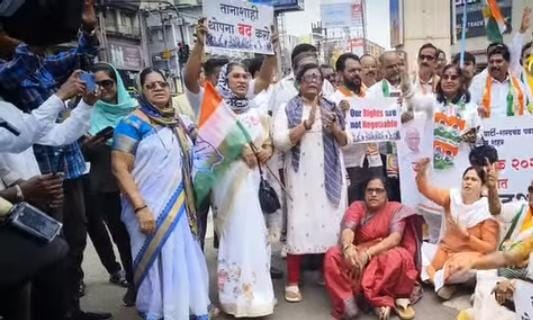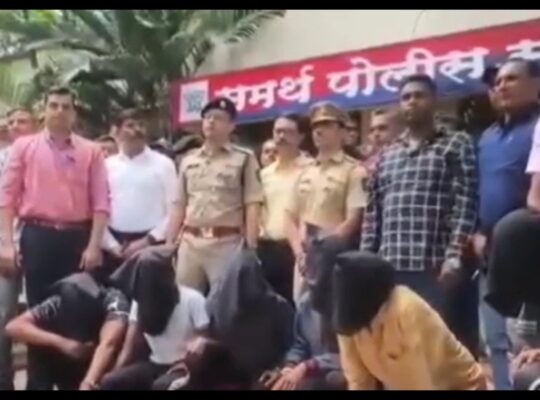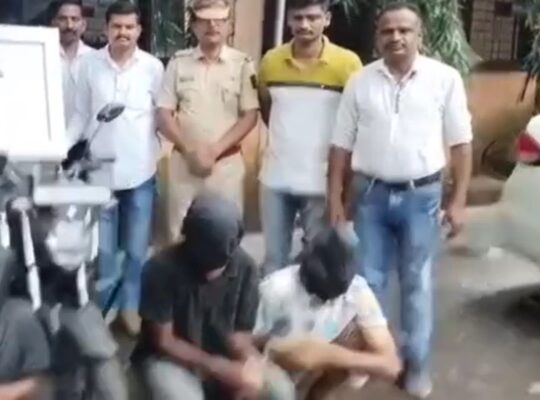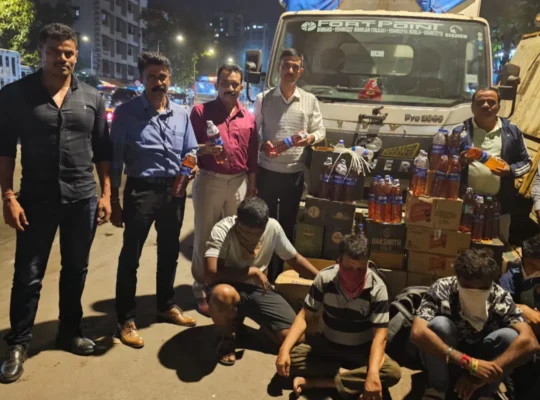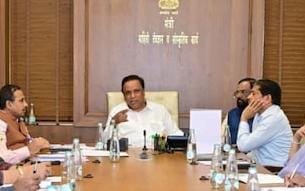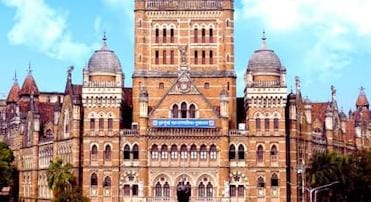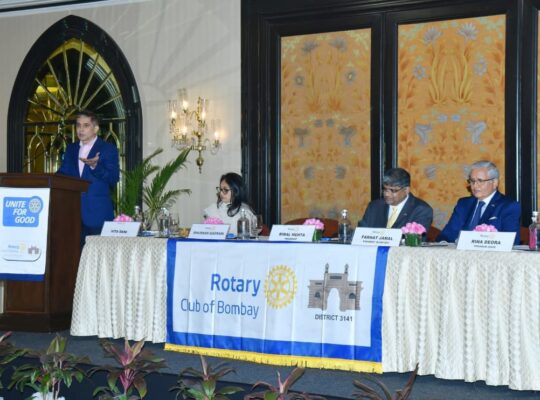Hyderabad / Mumbai : The State Election Commission (SEC) has scheduled a crucial meeting on July 10 to discuss and finalise arrangements for upcoming local-body elections. The meeting, called by the Election Commissioner, will focus on setting the election timetable, reviewing reservation policies, and ensuring logistical readiness.
Key agenda points include:
Election notification and schedule: Stakeholders expect the Commission to issue the formal notification shortly after the meeting, and potentially announce phased polling dates for gram panchayats, mandal parishads, and zilla parishads.
Reservation framework: Debate continues around implementing the proposed 42% reservation for Backward Classes (BC) in local bodies. Although the state Assembly has passed related bills, Central approval remains pending, making it likely these elections will proceed under the existing reservation system.
Fund-release concerns: In the absence of elected local bodies, delays in Central fund disbursement—estimated at ₹1,500–2,000 crore annually—have impacted development projects. The meeting aims to address these logistical bottlenecks and set a fast-track process.
Operational logistics: The SEC is reportedly finalising voter lists, polling station allocations, ballot-paper printing, and training of election staff—steps expected to be reviewed.
The meeting comes amid pressures to begin polling soon, including calls from the Chief Minister’s office to expedite the process. Stakeholders want to ensure elections are held in time to restore elected councils and secure essential funding.
Another SEC review is anticipated during the Budget session of the State Assembly, possibly leading to an official schedule announcement in mid‑July.
Bottom line: July 10’s SEC meeting is expected to be a landmark in setting the wheels in motion for the long-overdue local-body elections—addressing technical, financial, and political challenges to ensure a timely poll across rural and intermediate government tiers.

